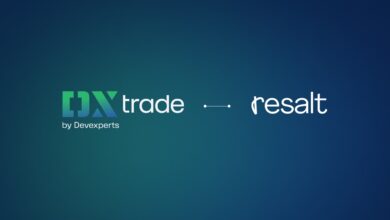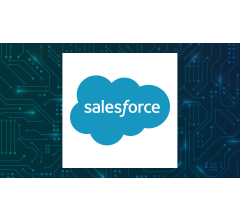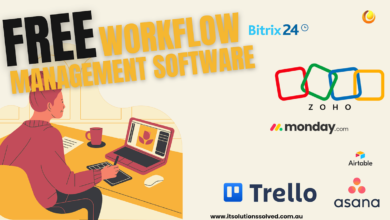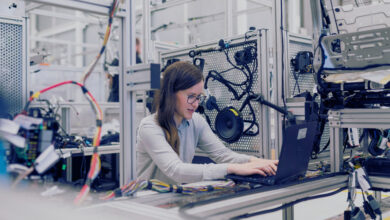Exchange of old cylinders for new ones under CRM to begin in coming weeks
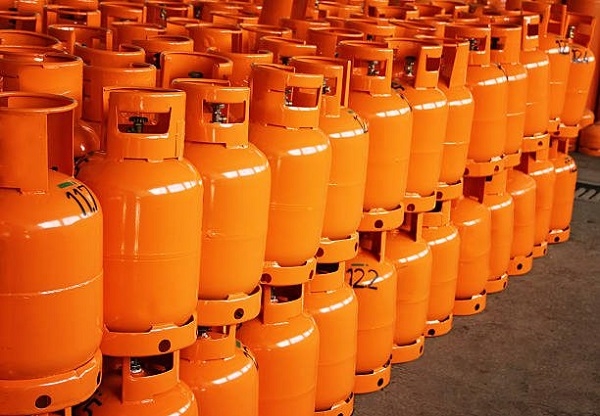
Mrs. Linda Asante, Deputy Chief Executive Officer of the National Petroleum Authority (NPA), has announced that the citizenry will begin to exchange their old cylinders for new cylinders in the coming weeks under the Cylinder Recirculation Model (CRM).
Mrs. Asante stated that citizens would soon see cages in their communities where they could access Liquefied Petroleum Gas (LPG) without having to travel long distances. She made this announcement at a town hall meeting organized in Tamale by the NPA to educate members of the public on the CRM and the safe use of LPG in general, as well as the need for them to switch from firewood and charcoal to LPG.
Personnel from the Ghana National Fire Service guided attendees through the safe use of LPG and how to extinguish flames in case of fire.
In September last year, the NPA announced the full roll-out of the CRM throughout the country and issued licenses to various service providers to begin the installation of Cylinder Exchange Points and infrastructure for the distribution of LPG.
The CRM is a mode of distributing LPG, particularly for household use, where Bottling Plants own cylinders, refill them, and distribute them through LPG marketing companies, which operate Cylinder Exchange Points. Under this model, consumers do not own cylinders, and anyone who wishes to use LPG can simply walk to a Cylinder Exchange Point, register, and gain access to a cylinder to use, only paying for the LPG.
Mrs. Asante remarked, “The CRM is an efficient mode of distributing LPG as it brings LPG closer to consumers, addresses safety issues, and creates more jobs for our people as the value chain expands.”
She added, “The government is aware that the cost of LPG affects its usage. Considering the price of LPG is key to increasing consumption, the NPA has implemented some strategies to ensure that there is no significant increase in the price of LPG due to the implementation of the CRM.”
Mrs. Asante mentioned, “A Tender Programme has been implemented to reduce the premium on our purchase of LPG, and the savings made (over $70/mt) have absorbed the cost that CRM brings ($80/mt for investment in cylinders and bottling plants).”
She further stated, “We are not stopping there. We are still engaging the Ministry of Finance to consider the removal of certain taxes to reduce the price of LPG to make it affordable for all.”
Attendees sought clarifications on the ownership of cylinders, affordability of LPG, and accessibility to exchange points.
